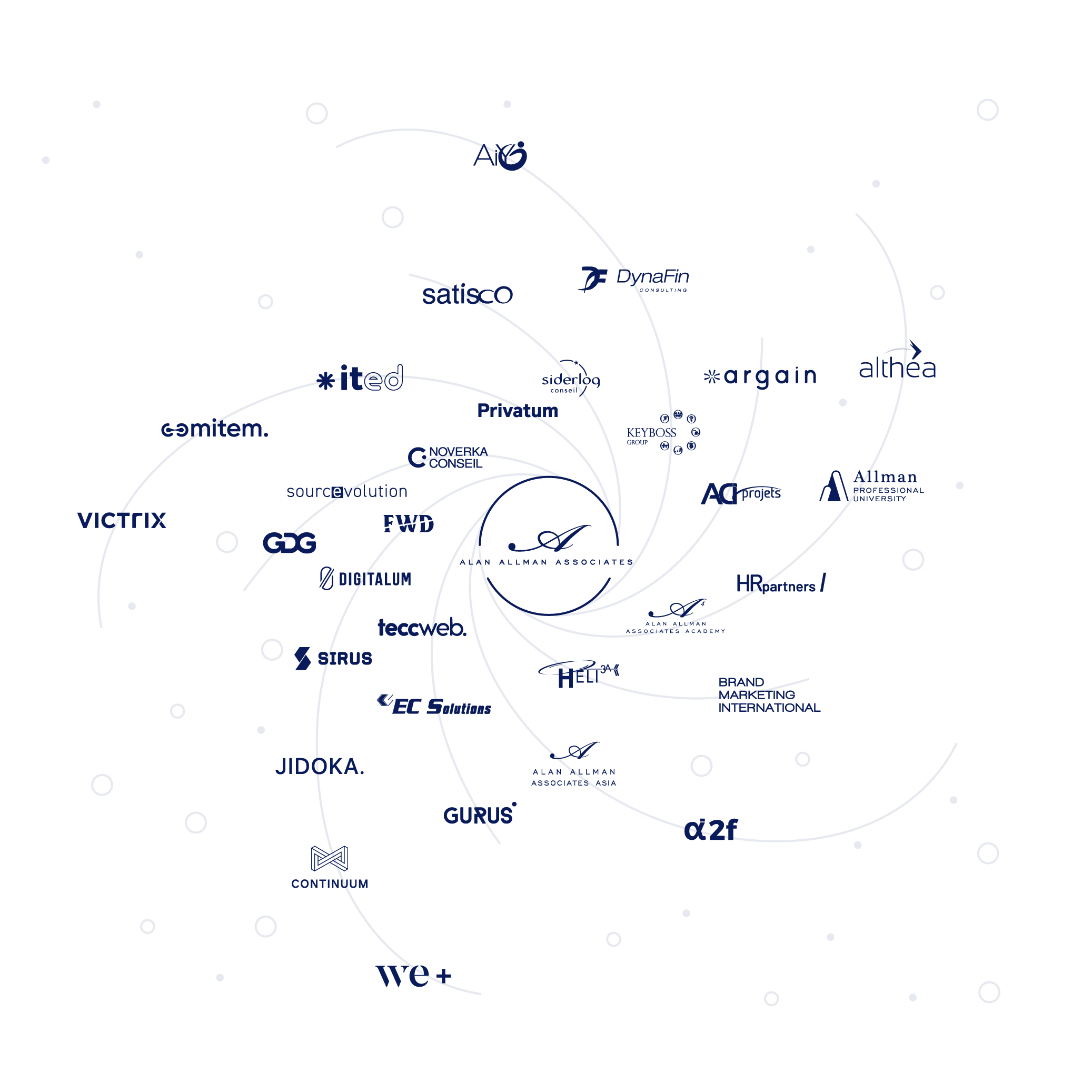






JIDOKA was founded in 2013 with one goal in mind:
To deliver successful IT projects FOR people , BY people . A unique customer experience delivered by our highly motivated and skilled team, our people, is why we are successful in exactly facing your needs.
Want to know more? Let’s meet FACE to FACE!
Our NPS evolution:

Net Promoter Score®, or also known as NPS®, measures customer experience and predicts business growth. This proven metric transformed the business world and now provides the core measurement for customer experience management programs the world round.

Those who respond with a score of 9 to 10 are called Promoters, and are considered likely to exhibit value-creating behaviors, such as buying more, remaining customers for longer, and making more positive referrals to other potential customers. Those who respond with a score of 0 to 6 are labeled Detractors, and they are believed to be less likely to exhibit the value-creating behaviors. Responses of 7 and 8 are labeled Neutrals, and their behavior falls between Promoters and Detractors.
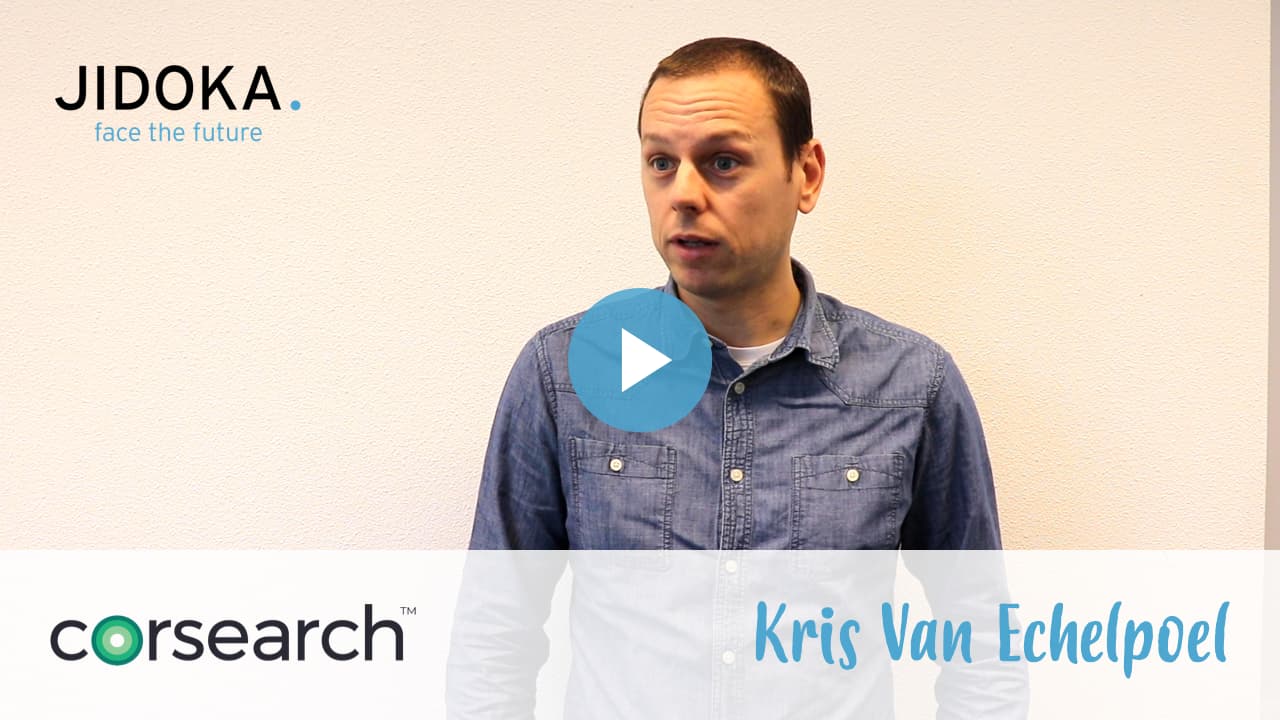
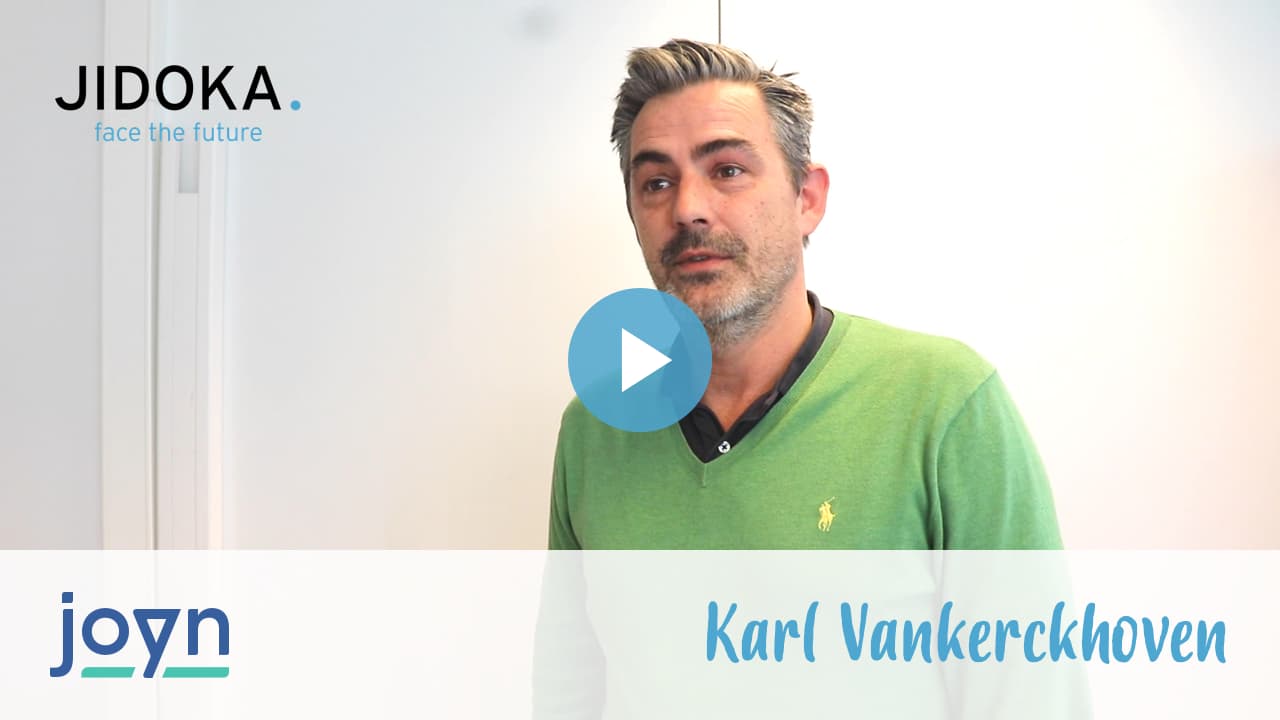
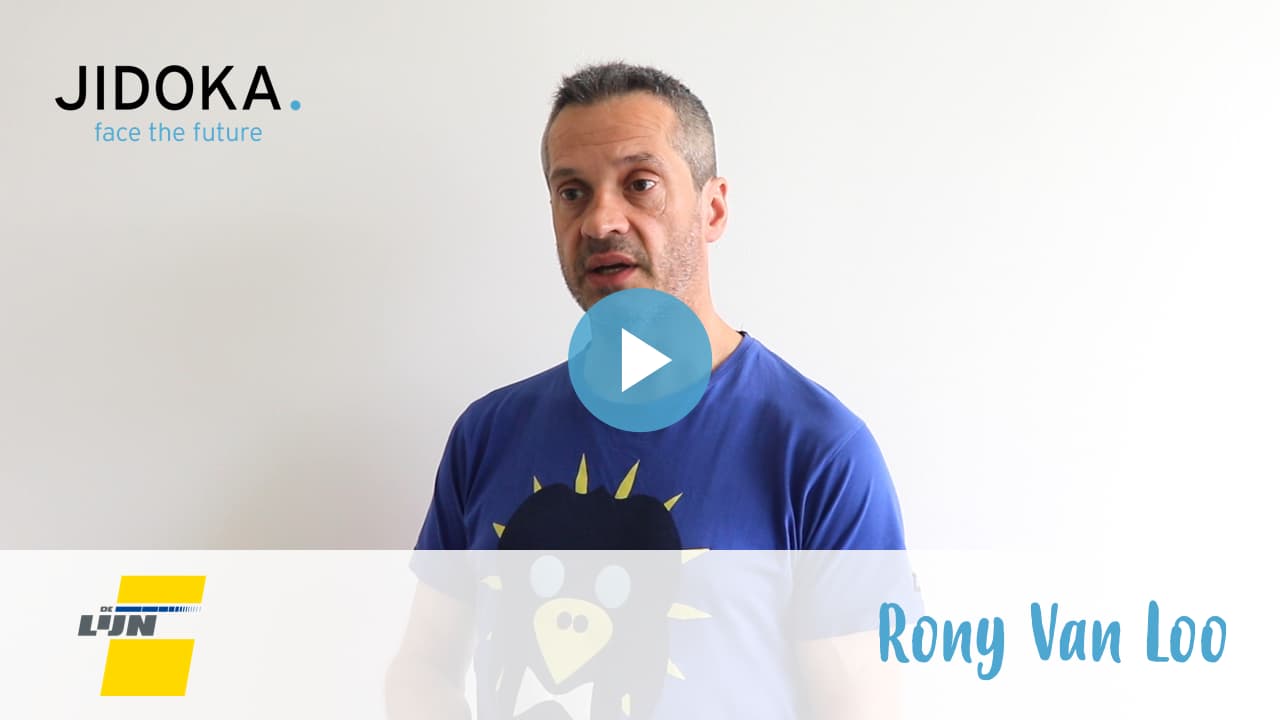
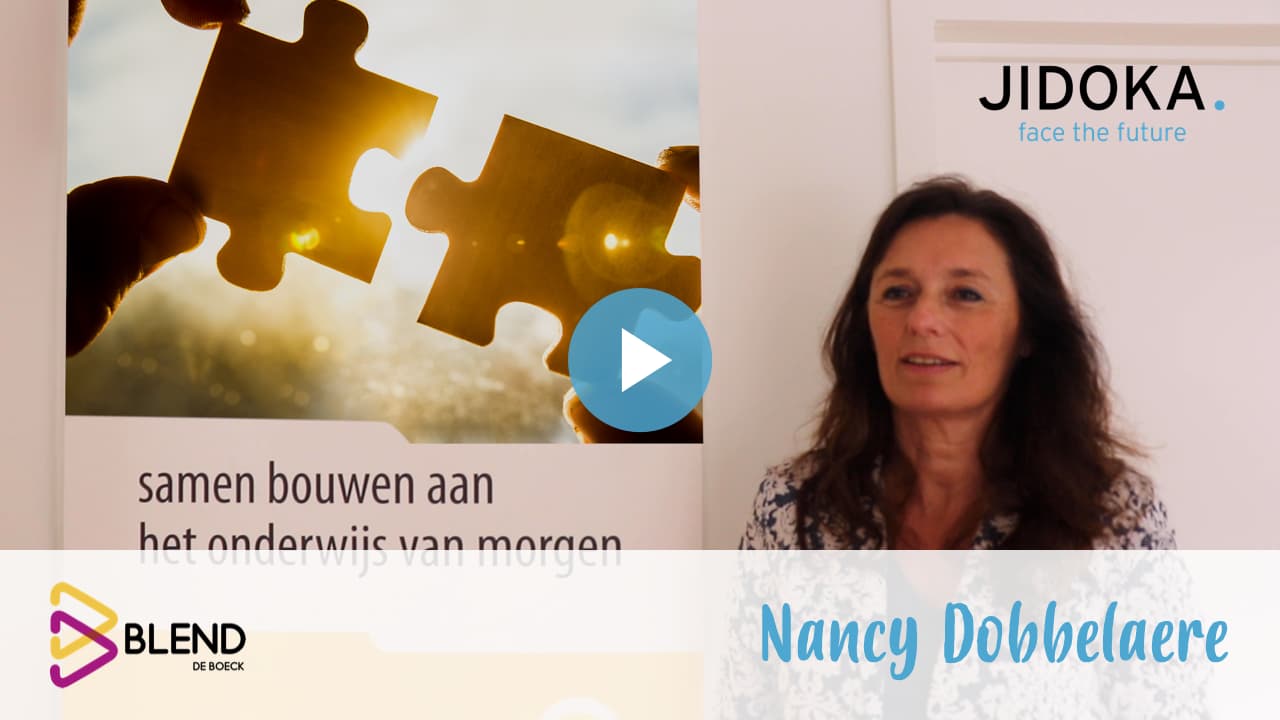
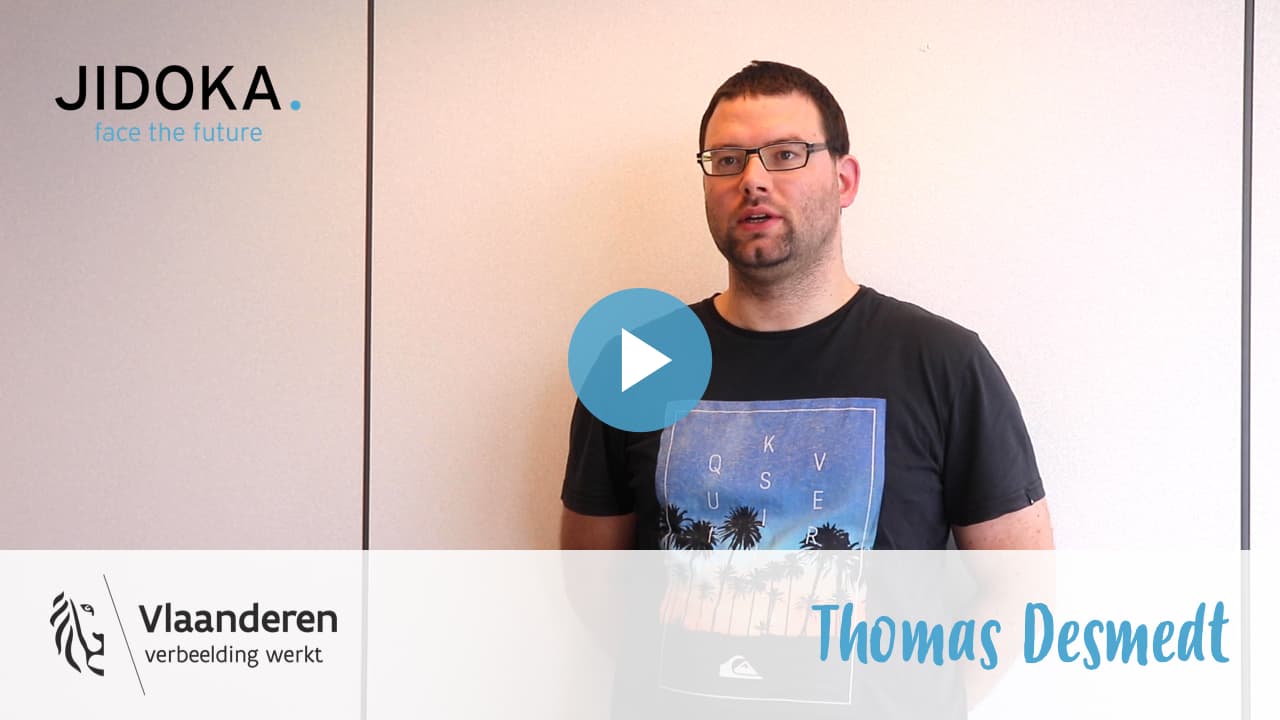
JIDOKA builds your software in a software factory setting (on-site or at JIDOKA premises).
View moreJIDOKA offers premium IT consultancy services to assist you in any stage of your project lifecycle.
View moreJIDOKA holds lifelong learning and stimulating a knowledge sharing culture in high esteem. We have therefore developed training such as blockchain, clean code…
View moreSince March 2022, JIDOKA has become part of the Alan Allman Associates ecosystem.
Alan Allman Associates is an ecosystem of 31 strong brands, specialized in digital transformation, created in 2009 through acquisitions and internal performance development in the consulting world.
The Ecosystem maintains a network of dynamic relationships, creating value around 3 poles: high-tech consulting, industrial transformation consulting and management & strategy consulting. Alan Allman Associates is Happy At Work certified, ISO 9001 certified and Silver Ecovadis medalist for its CSR performance.
